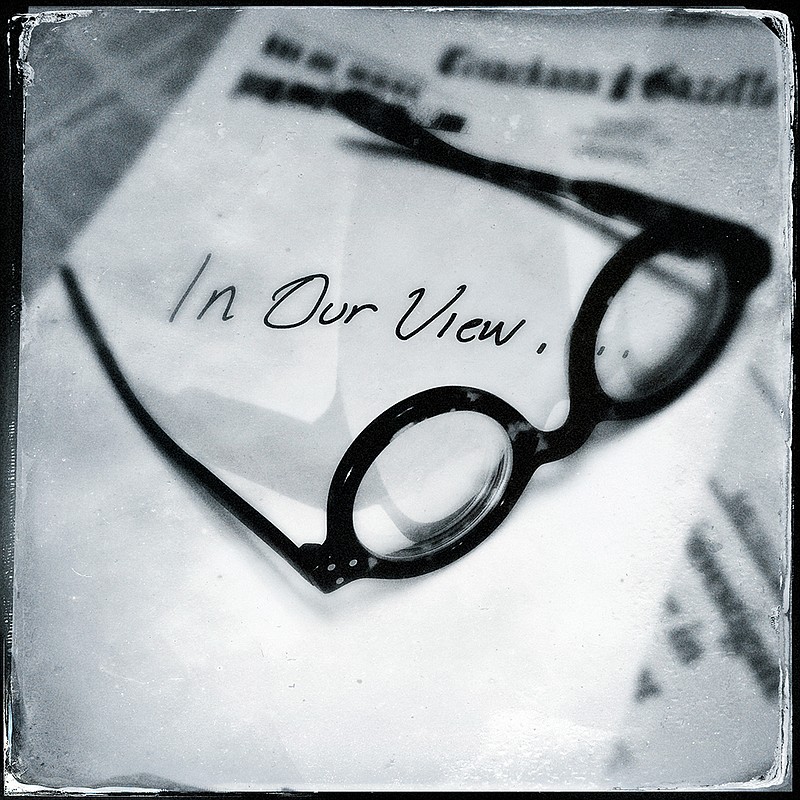As the November elections approach, Texas' voter ID law is under attack on two fronts.
The requirement to show approved photo identification before casting a ballot passed the Legislature back in 2011 and has been ruled unconstitutional by three federal courts. But the law remains on the books while both sides prepare to argue this month before the Fifth U.S. Circuit Court of Appeals in New Orleans.
That court has a deadline of July 20 to issue a ruling.
That's federal. In the meantime, the only Democrat on the Texas Court of Criminal Appeals has his own lawsuit against voter ID pending in the state court system.
Judge Larry Meyers-elected four times as a Republican before switching parties in 2013-says the law addresses a problem that doesn't really exist and violates the state constitution.
He calls voter ID a form of "prior restraint" that forces voters to prove they are not doing anything illegal while the state constitution puts the burden on the state to "detect and punish" but not prevent voter fraud. He filed the suit two years ago and so far the state has failed to have it dismissed. They are set to try it again today before a state appeals court in Dallas.
On Friday, the U.S. Supreme Court refused an emergency appeal requesting Texas be prevented from enforcing voter ID. They did the same thing in 2014.
But that doesn't mean voter ID is home free. The nation's highest court is waiting to see how things go at the Fifth Circuit. And that federal appeals court ruling could stand no matter what they decide.
With the death of conservative Justice Antonin Scalia, the Supreme Court is equally divided along ideological lines. So when the appeal comes-and it will- it's not unthinkable that the eight justices could split evenly no matter what the Fifth Circuit does and leave that decision in place.
If the federal courts eventually do away with Texas' voter ID law, then Judge Meyers' state suit is moot. But if the law survives federal scrutiny, then the judge's contention the law violates the state constitution could still pose a threat.
In our view, the voter ID requirement is reasonable and prudent. And since having photo identification is vital in so many areas of our daily lives, obtaining such an ID is not an unfair burden on anyone.
But we can't say what the courts will do-especially with a divided Supreme Court.

